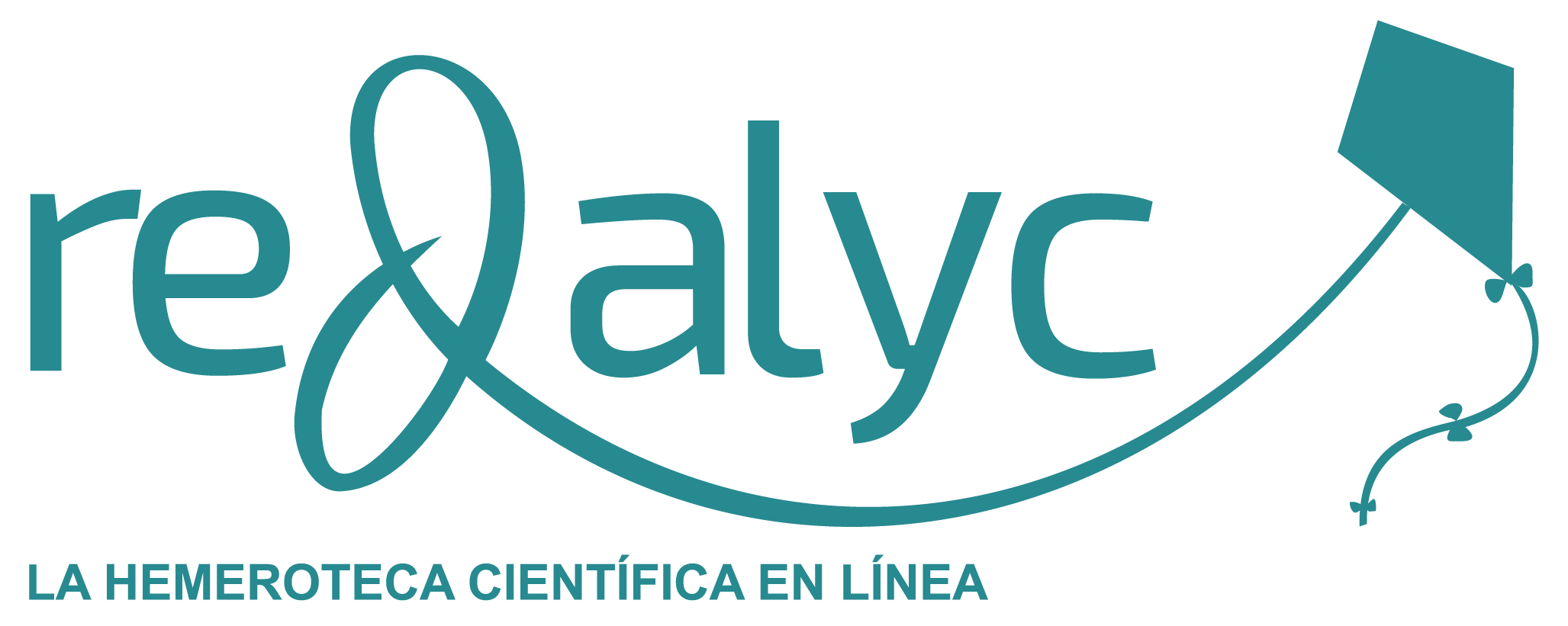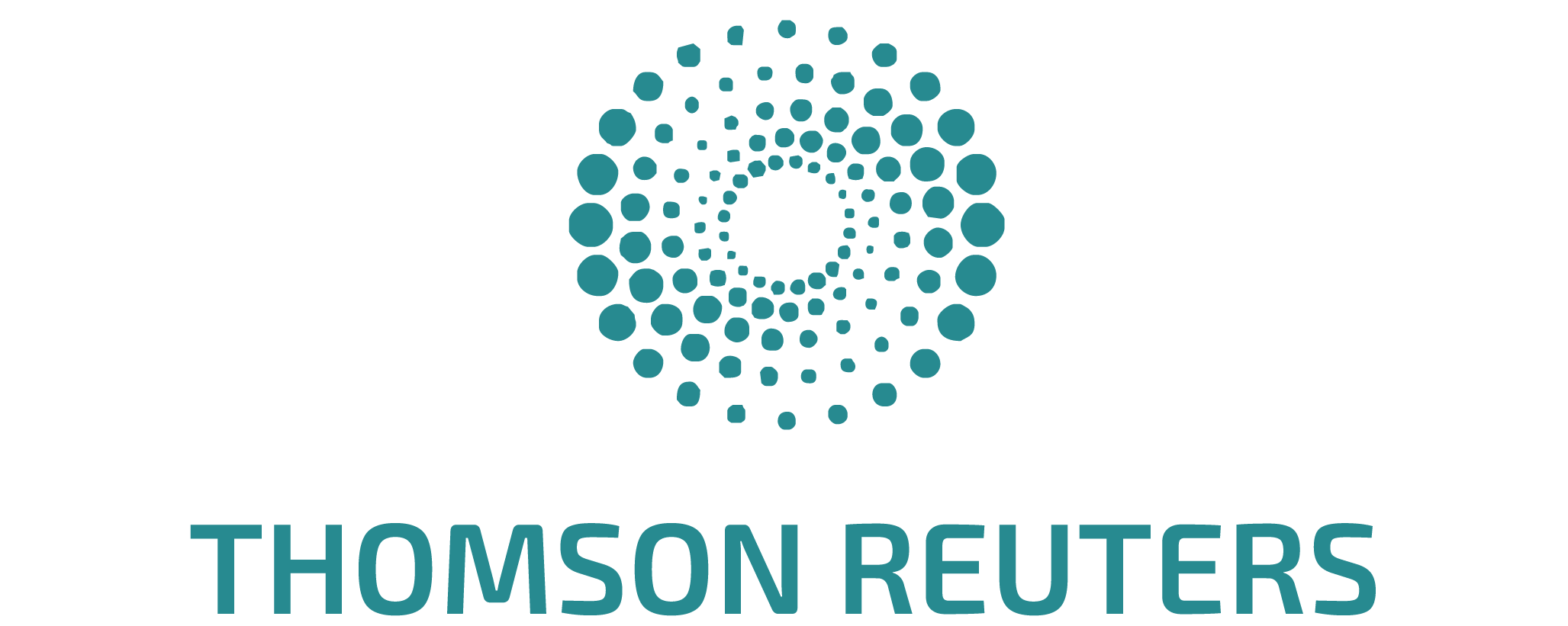El objetivo de este trabajo fue analizar el impacto del control estratégico de Rhipicephalus microplus sobre la ganancia de peso de vaquillas Braford en el noreste de Argentina. Se realizaron dos experimentos con un diseño similar en localidades de Corrientes (Colonia Tabay) y Chaco (Colonia Benítez). Los distintos grupos de vaquillas fueron sujetos a esquemas de control estratégico que consistieron en la aplicación de tres o cuatro productos garrapaticidas entre agosto y diciembre, y se compararon el número de garrapatas y la ganancia diaria de peso (GDP) entre estos y un grupo testigo que no recibió garrapaticidas. En Colonia Tabay, en los dos grupos tratados con esquemas de control estratégico la GDP fue significativamente mayor que en el grupo testigo con mayor nivel de infestación con garrapatas. El grupo sujeto a control estratégico en Colonia Benítez también tuvo una GDP significativamente mayor que el grupo testigo. Las diferencias en las GDP entre los grupos de animales sujetos a control estratégico y aquellos mantenidos como grupos testigo fluctuó entre 0.09 y 0.149 kg/día. Para el período evaluado en este trabajo (nueve meses), la aplicación del control estratégico contra R. microplus implicó una ganancia diferencial con respecto a los grupos sin tratamientos de 29 y 42 kg en promedio en las vaquillas de Colonia Tabay y de 25 kg en aquellas de Colonia Benítez. De los resultados se desprende que la aplicación de esquemas de tratamientos estratégicos para controlar la infestación con R. microplus en el noreste de Argentina contribuye a disminuir significativamente la abundancia de garrapatas y posibilita obtener mejores ganancias de peso vivo en bovinos en crecimiento al prevenir altos niveles de parasitación en los animales.
Palabras clave: garrapatas, control, bovinos, ganancia de peso, Argentina.
ABSTRACT
The objective of this study was to analyze the impact of the strategic control of Rhipicephalus microplus on body weight gain of Braford heifers in northeastern Argentina. Two experiments with a similar design were carried out in Corrientes (Colonia Tabay) and Chaco (Colonia Benítez) Provinces. Strategic control schemes were applied different groups of heifers with the application of three or four treatments with chemical acaricides between August and December, and the number of ticks and the daily weight gain (GDP) were compared between them and with a control group without treatments. In Colonia Tabay, the GDP in the two groups treated with strategic control schemes was significantly higher than in the control group, which had higher level of infestation with ticks. The group subjected to strategic control in Colonia Benítez also had a significantly higher GDP than the control group. Differences in GDP between groups subjected to strategic control and control groups fluctuated between 0.09 and 0.149 kg/day. The application of strategic control against R. microplus implied a differential mean weight gain regarding the groups without treatments of 29 and 42 kg in Colonia Tabay heifers and 25 kg in Colonia Benítez. The results show that the application of strategic treatment schemes to control infestation with R. microplus in northeastern Argentina contributes to significantly reduce the abundance of ticks and enable obtain better body weight gains in growing cattle by preventing high levels of parasitism on animals.
Keywords: ticks, control, cattle, body weight gain, Argentina.
Contact: Nava, S. nava.santiago@inta.gob.ar











